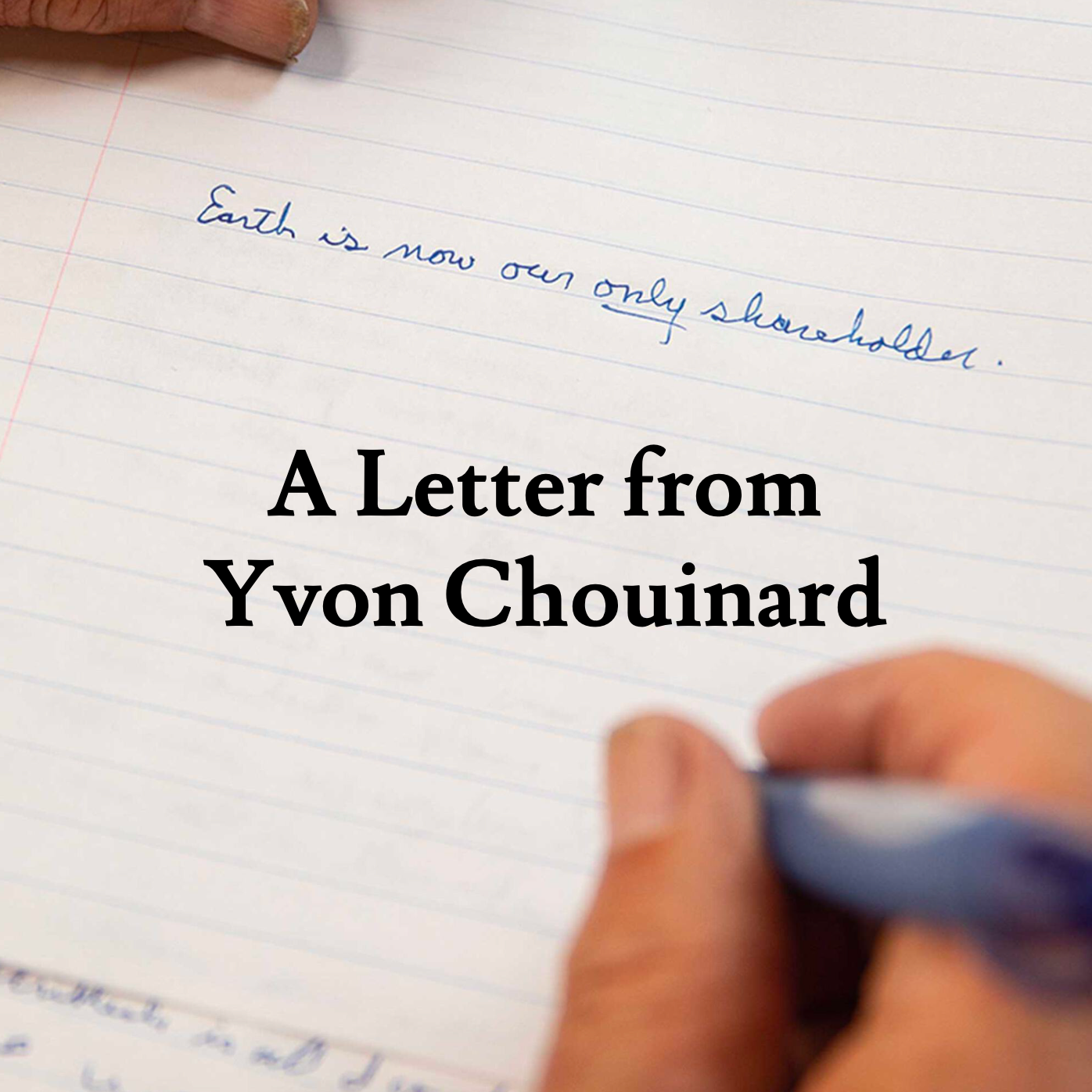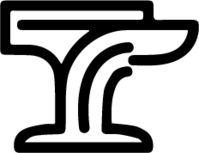Writer Richard Flanagan published a 2021 book, Toxic, and a series of major articles about the industry. The combination of his deep understanding of the debate, and his ability to put it into pointed words, have made him a prominent adversary of the companies. Not one detail of Toxic has been disproven by the industry, including the statement that pellets fed to salmon contain "macerated battery hen intestines, skulls, feathers and rendered chicken fat." Tassal’s own website delicately confirms this: “Our feed includes poultry by-products that are ground down into a protein flour.”
Independent testing has established that 200 grams of salmon contains as much fat as a Big Mac and medium serve of fries. “How on earth (Tasmanian salmon) can be marketed as a health food is beyond me,” Flanagan told the ABC.
Flanagan said at the time that he was motivated by the "slow destruction" of the coastline around the Bruny Island shack where he wrote some of Australia’s great novels. "The spur was that the water started dying, the fish started vanishing, slime and algae started appearing," he told the ABC. Salmon Tasmania’s response to Flanagan’s claims in the book was not, as you might expect, to grapple with the facts, but to play the man. He’s famous for writing fiction, they pointed out. Which is pretty rich coming from corporate PRs and conveniently ignores his internationally awarded journalism.
“There are community groups opposing salmon farming appearing all round Tasmania,” Flanagan tells me. “This industry unites Tasmanians in opposition across politics, class and region because they see the damage it’s doing, both destroying their seas and poisoning their democracy. From Liberal Party grandees to greenies to hi-vis, hunters and fishers, you’ll find few Tasmanians who support it. The industry tries to present any opposition as just coming from ‘inner city elites,’ but the truth, backed by credible polling, is that the overwhelming majority of Tasmanians want inshore salmon farming ended.” Commissioned by the Australia Institute and conducted by U Comms, that polling found that over 69 per cent of Tasmanians support reducing inshore salmon sites, compared to a feeble 22 per cent who say they oppose a reduction.
The problem, as Flanagan sees it, is that the connection between the electorate and major parties has been destroyed by lobbying and financial influence. The Tasmanian Liberal government and Labor opposition are both captured by the industry, despite the majority of Tasmanians being opposed to it. “That’s why we’re now seeing anti-salmon independents like Craig Garland being elected and why almost all the cross bench – now larger than the sitting Labor party – is opposed to salmon farming.”
The 2021 census found that 978 Tasmanians worked in offshore caged aquaculture, along with a further 236 “Aquaculture not further defined” jobs, which mightn’t be salmon at all. So taken at its highest, that’s around 1200 people. The Australia Institute estimates that state-wide there are up to 1760 salmon jobs – around 1 per cent of the Tasmanian workforce. So, the real figure likely resides between the two.
But the industry imagines a far larger role. Salmon Tasmania say they are the leading primary producer in Tasmania, and Australia’s largest fishery, “supporting” 5103 full-time equivalent jobs (using the old “direct and indirect” measure – as in, if a salmon worker buys a pie from my shop, my wage is “indirectly” supported by the salmon industry). Tassal goes further, claiming they support 12,000 jobs.
The industry never produces any hard evidence to back its jobs claims. Let’s zero in on Macquarie Harbour for a moment. The Australia Institute says the real jobs figure there is likely between 54 and 76 direct jobs, or around 3 per cent of the total employment in the region. Half of them are drive-in/drive-out. And the compelling image of the hardworking rural wage-earner in hi-vis? “Most of the jobs are in marketing and sales,” says Flanagan. “They’re middle-class jobs in the cities.”
So why are politicians so fiercely loyal to salmon? “It's hated by so many people in Tasmania,” Flanagan points out. “Even its own workers. Country town halls are filled to overflowing at meetings about this issue. They come up to me on the street or in the pub and thank me for the book, and they always make the same joke: ‘You got just one thing wrong – it’s so much worse than your book.’ There’s no political advantage to it, so why do Albanese and Dutton keep repeating the grossly exaggerated jobs figures? When the King Island Dairy closed, 100 workers lost their jobs, but there was no sign of federal politicians around it. I think it’s about money… follow the money.”
That’s not so easily done. These are private, foreign companies, not listed on the stock exchange, capable of concealing their dealings with government and scientists behind commercial-in-confidence claims. “It used to be that each company represented itself and fought the others,” says Flanagan. “Then Lyall Howard comes along (nephew of former PM John), to head up ‘Salmon Tasmania,’ which is there to advocate for these rogue foreign-owned companies that haven’t even paid corporate tax in recent years.”
































